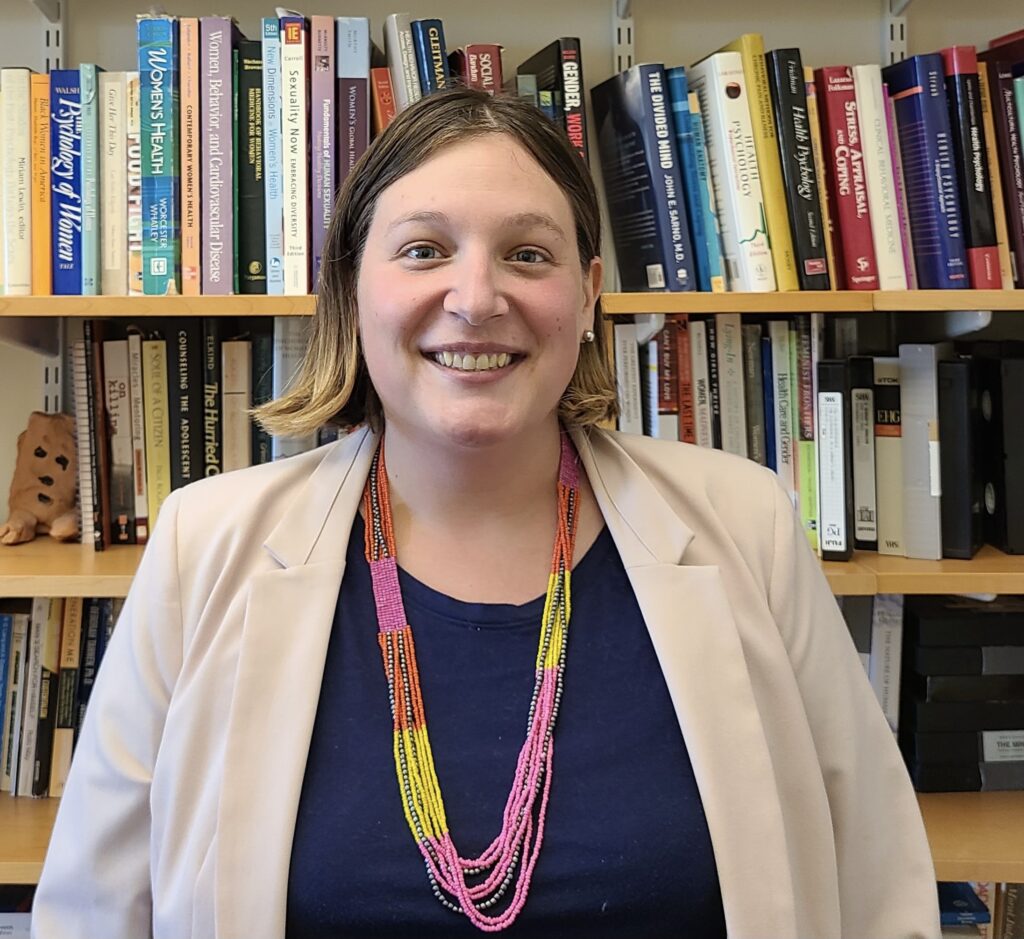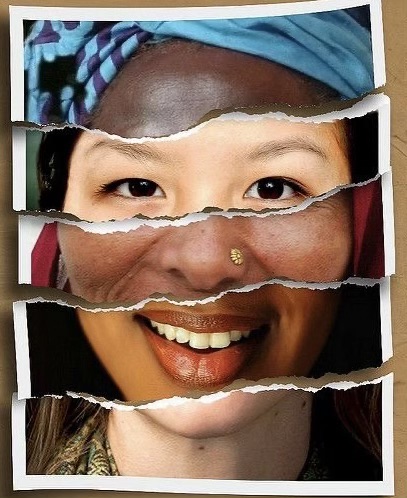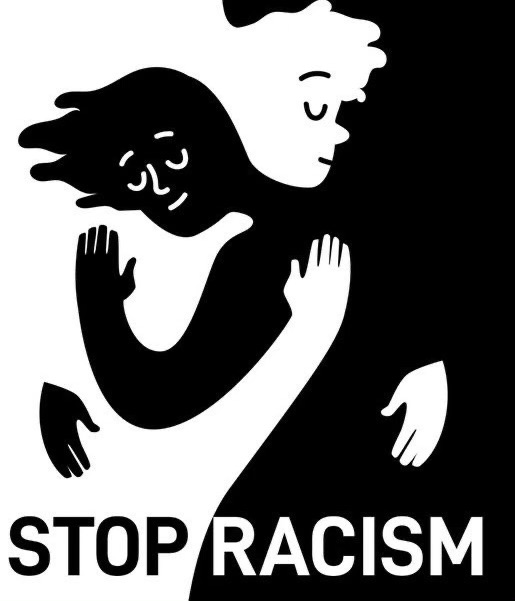Daba Coura Mbow

Dr. Jennifer LaCosse grew up in the small farming town of Fowlerville, Michigan. In a majority White community, Dr. LaCosse, a White woman, witnessed how widespread prejudice toward Black people still is. Seeing members of her community display such hostility sparked her interest in psychology and led her to pursue the study of prejudice and discrimination. Now as a first-year Assistant Professor of Psychology at the University of Michigan-Flint, some of Dr. LaCosse’s research focuses on the concept of antiracism – how White people can go beyond nonprejudiced beliefs and join the fight against racial discrimination in a way that is respectful and helpful for minoritized people.

Dr. LaCosse’s research indicates that antiracist ideology among White people has many beneficial effects. Based on survey research, this new work finds that people who score high on a measure of antiprejudice or antiracism, are more likely to support and advocate for equal rights. According to Jennifer, racism has many origins. As humans, we have evolved to use mental shortcuts called heuristics that help us quickly evaluate our social world. Our brains are programmed to categorize people according to social categories such as gender and race, which leads to the use of stereotypes among some individuals. These stereotypes can then lead to the expression of prejudice and discrimination among those who are not motivated to suppress their use of stereotypes. Often the environment where we are raised and social norms surrounding the acceptability of prejudiced beliefs determine whether people develop this motivation. For example, parents’ level of prejudice can predict their children’s level of prejudice, and socio-political events that highlight the acceptability of the expression of prejudice can lead people to engage in more discrimination.

Some of Dr. LaCosse’s current research examines how White people can sometimes be unintentionally patronizing when talking to Black people about racial issues. It is not surprising Black people may believe that White people’s involvement in antiracism will not always lead to long-lasting change. Because of institutional and systemic racism, it can be hard to tease apart racial attitudes from equally negative perceptions of people with lower incomes or different cultural backgrounds. In understanding how social and psychological perceptions are formed, it is important to consider more than skin color.
The most interesting part of antiracism research and studying interracial interactions, Dr. LaCosse observes, is how similar the perspectives of White and non-White can be in some instances and how different they can be in others… There are individual differences between White and non-White people that predict some of the similarities and differences. According to Dr. LaCosse, racism is a huge problem across the world but it’s also not an easy one to solve. And if we want to do something about prejudice we can start by understanding the psychology behind it. We can leverage our growing knowledge of human behavior to reduce racial discrimination both at the individual level and the structural level.
